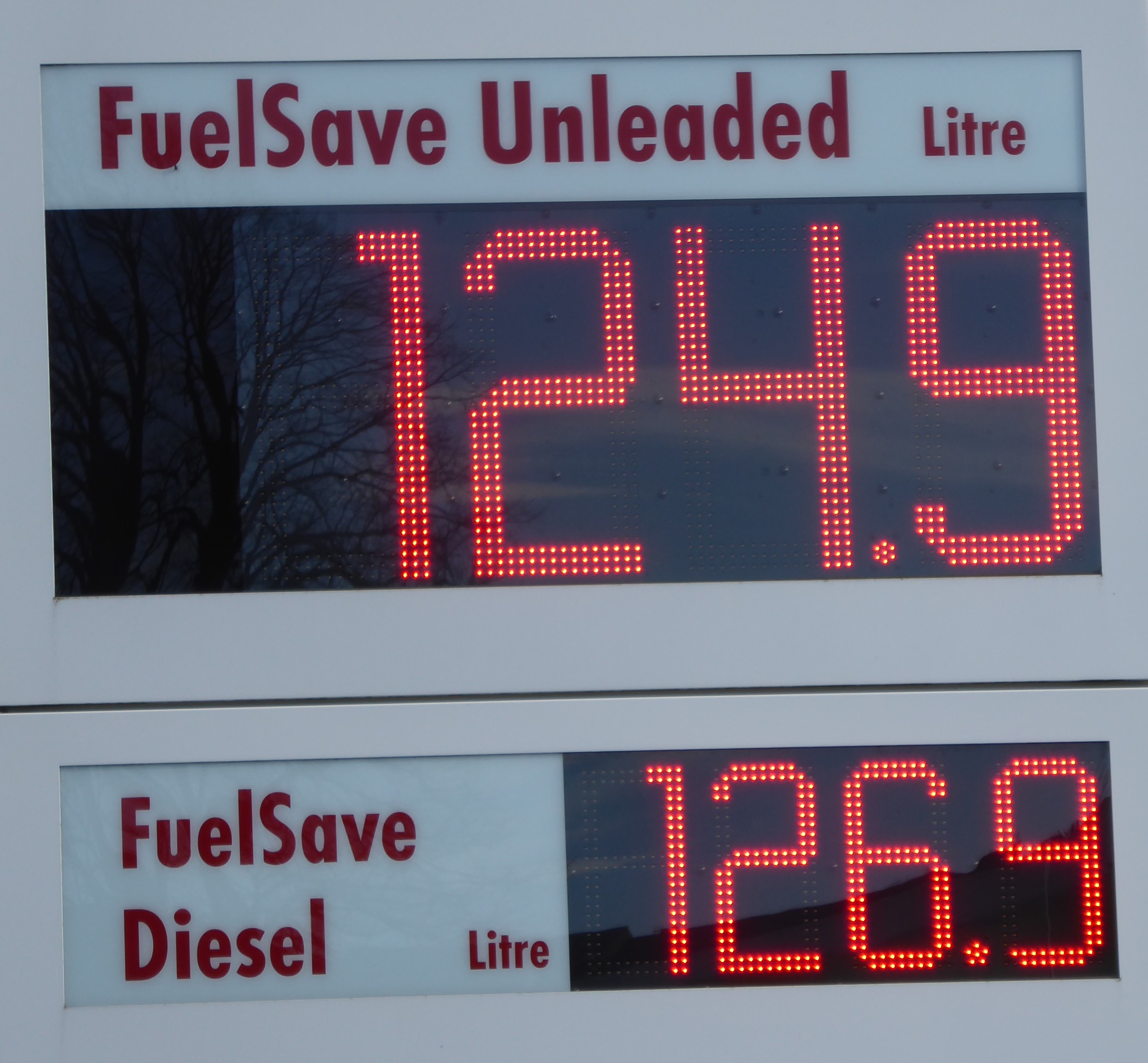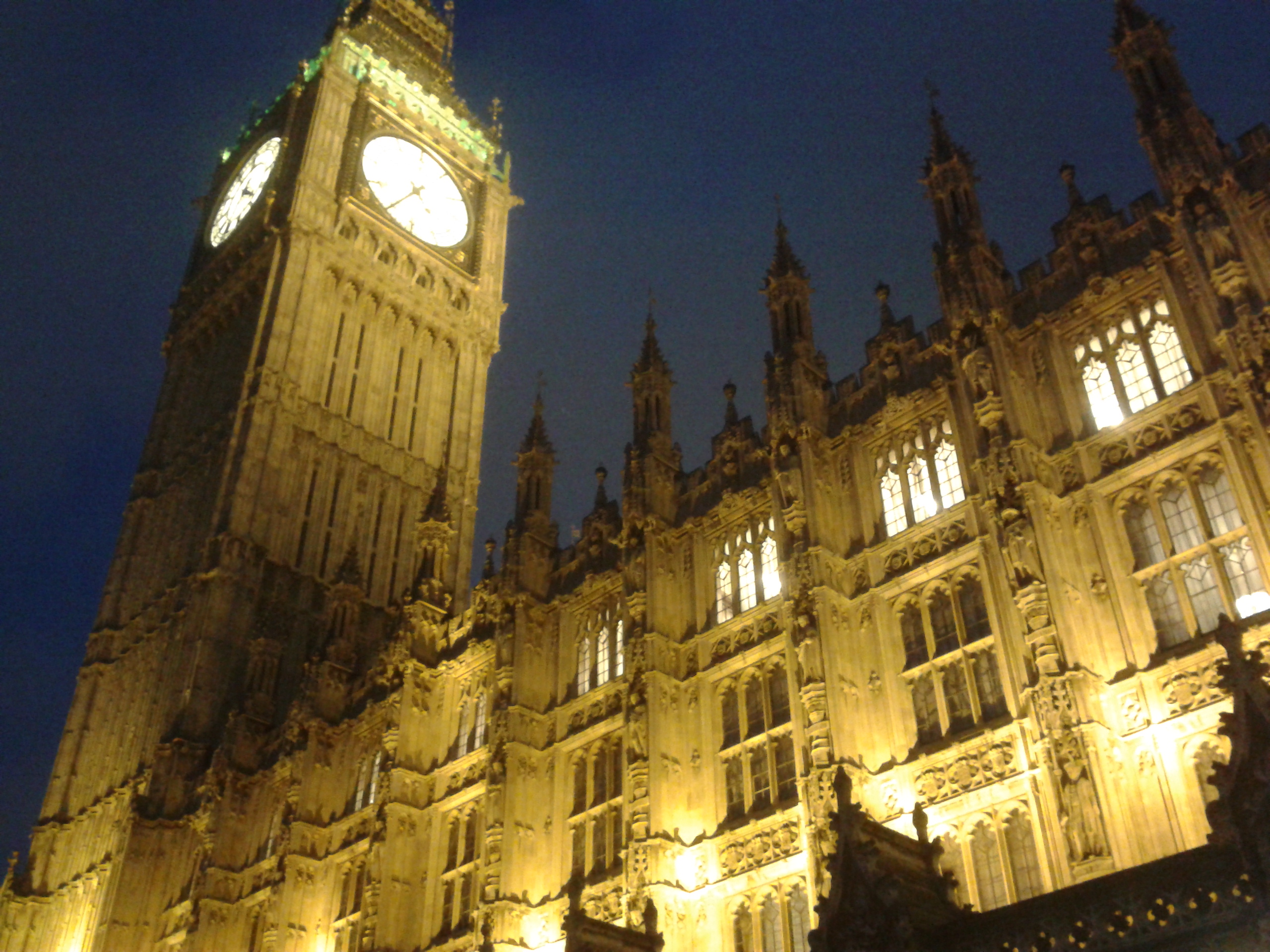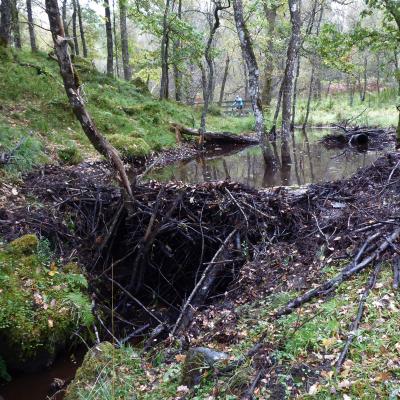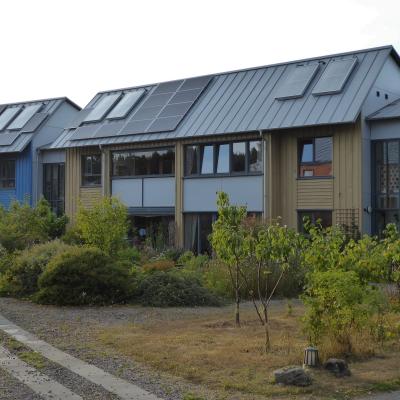There are three broad solutions to climate change - taxation, regulations and behaviour change by individuals. So why do we usually talk about behaviour change?
Tax is often perceived as an 'evil' or a burden, yet it should be seen as an essential mechanism to provide shared public services and to redistribute wealth. But, politicians are scared to propose the radical tax changes that would benefit us. Get tax wrong, or perceived to be unfair, and the population will campaign, riot and can even overturn governments.
It is my belief that sensible taxation could provide around one-third of the solutions to climate change in a way that would be better for society and good for the planet. In a nutshell, we should tax pollution - tax the bad and reward the good. This could be revenue neutral but will direct our economy towards a more eco-friendly direction which will be good for all of us - including those in poverty who are most affected by pollution and by climate change.
Pollution Taxes
The obvious starting point is to tax emissions of carbon dioxide. We have had taxes on pollution externalities (impacts affecting those who didn't cause the pollution) for decades, initially to tackle local issues like air pollution. The problem is that carbon dioxide is invisible and the externalities are global, not local. Yet, the principle is the same. We already tax petrol and diesel whilst coal has been effectively taxed and therefore priced out of the market to generate electricity. But taxes on gas are relatively low.
A very specific, but important point is that we should redistribute the current taxes levied on electricity to gas. This will favour the move to using heat pumps to heat our homes rather than burning natural gas. It will also increase our energy security, given that most electricity is generated locally.
An obvious proposal would be to increase petrol and diesel taxes to accelerate the shift to electric vehicles, but this would disproportionately hurt those in rural areas. The alternative approach which is being used in the UK is to provide generous tax breaks to company car drivers to purchase electric cars. Whilst this currently favours the better off, the impact will trickle down to the second hand car market in 3 or 4 years once current company car leases expire.
Motorists currently pay fuel duty for every litre of petrol and diesel purchased. This makes sense for environmental reasons and it curbs our enthusiasm to drive by putting a price per kilometre driven. However, as we shift to electric vehicles, where the cost per kilometre is much lower, we will inevitably drive further and use public transport less - which will increase congestion. A new pay per kilometre charge is required to replace fuel duty.
Resource Consumption Taxes
The global environmental crisis is driven by our consumption of cheap resources, yet most of this wasteful, often unnecessary consumption is not taxed. An exception in the UK is the Aggregates Levy which is a small tax on quarrying virgin stone and aggregates. At the other end of the product lifecycle, there is the Landfill Tax put in place to encourage recycling. It was introduced at a low rate then ramped up year on year to provide a clear signal to the market to invest in new recycling facilities.
The levy on plastic bags, introduced as a tiny charge, led to a 90% reduction in the purchase, use and disposal of single use carrier bags - demonstrating that a small charge of five pence can have a disproportionate impact on behaviour.
Value Added Tax (VAT) is a significant tax, currently levied at 20% on the sale of most goods and services. However, there are exemptions and reductions is the 5% levy on domestic electricity and gas. This subsidy for fossil fuels should be abolished, albeit that will be politically impossible at present with the current high energy prices. Another form of madness is that VAT is levied on house extensions and upgrades but not on new homes. We need to reverse this to encourage energy efficiency upgrades and to discourage urban sprawl.
A tax too far?
Logic would entail that we should tax all greenhouse gases. For example, a tax on fertiliser (nitrous oxide) and on meat and dairy products to help tackle the methane emissions from ruminants. This makes sense; even a small tax would send a powerful signal. However, I do think this would be political suicide as farmers have a lot of public support. Perhaps a better way is to label food and drink products with a carbon footprint and for a mass public education campaign including dietary and cooking classes to help people to eat a healthier diet with less environmental impact. Alternatively, a small tax on processed meats, to encourage healthier diets, would at least send the right message.
Income Tax and Corporation Tax
The 'winners' in my argument are taxes on income. Cutting income tax will leave more money in our pockets to make new and hopefully better purchasing choices given that my other proposed tax changes will have put up the price of the more polluting things and activities that we might otherwise have chosen.
Similarly, cutting corporation tax will offset the increase in some production costs and will enable companies to invest more in their growth and in creating new jobs. Even better, some of the additional tax raised from my other proposals can be used to subsidise 'green' investment in, for example, electric vehicles, heat pumps and energy efficiency measures.
Property Taxes - rates, Council Tax, Land and Buildings Transaction Tax
Property taxes are complicated and can influence a variety of behaviours. From an environmental perspective, land is a limited resource and therefore its use should be taxed. Currently the property rates system has favoured large out of town shopping developments at the expense of the retailers in the town centre. This needs to be rebalanced. Rates exemptions can also be used to support renewable energy developments.
Perhaps not politically popular, but it is worth noting that it is much more environmentally friendly to live in smaller houses, and to share. It certainly isn't easy for an older single person to afford to heat a large family sized house .
Council Tax is a very blunt instrument - no revaluation has been done for years and there is a 50% discount for single occupancy. Council Tax could be reformed even further, such as higher levies on second homes (if frequently unoccupied) and higher rates on larger and more expensive properties. We could also provide Council Tax discounts for property owners that have invested in upgrading their energy efficiency (EPC rating). Such an incentive could offset some of the cost of these upgrades.
Taxes levied on purchasing a house are a strange way to raise income as they hit people in the pocket at the exact time that they are most financially stretched. They also deter people moving house. Perhaps there could be discounts for people moving house nearer to where they work, or for elderly people downsizing to a smaller home.
Will Tax Hurt the Poor?
An argument often made is that carbon taxes will hurt the poor. This does not need to be the case. Many taxes, such as Air Passenger Duty, already impact more on better off households who tend to fly more frequently. Half of our population do not even take a flight in any given year. A 'frequent flier levy' would help to minimise the impact of an overall increase in flight taxes by protecting 'hard working families' taking an annual holiday overseas.
In any case it is possible to introduce all sorts of targeted exemptions, discounts or alternative subsidies. An example would be to increase the tax on gas, and to use the money raised to subsidise insulation. Another option is 'tax and refund', where energy taxes are increased and a refund is paid direct to all or certain individuals as a refund. This may sound bizarre, but given the increased cost of energy, it encourages people to use less energy. The UK Government is currently introducing something similar, with a discount from Council Tax, to offset the increase in gas prices.
Conclusion
We need a serious discussion to ensure that our tax (and subsidy) system aligns with our environmental objectives without distorting society. A wholesale shift in taxes towards targeting polluting behaviour could have many benefits for society - tackling air pollution, reducing climate change and encouraging environmentally beneficial actions. When doing so, care can be taken to ensure that the shift in taxes does not adversely affect lower income households.
Carbon Choices
If you have enjoyed this blog, you might enjoy my book, Carbon Choices on the common sense solutions to our climate and nature crises. Available direct from me or http://www.carbonchoices.uk/index.php/buy. I am donating one third of profits to rewilding projects.









